In 1862, Lincoln personally signed off on the largest mass execution in U.S. history. 38 Dakota men were hanged in Mankato, Minnesota.
And just a year before, he suspended habeas corpus without congressional approval (which was arguably unconstitutional). Thousands of suspected Confederate sympathizers, journalists, and even elected officials were jailed without trial. One of the most famous cases was Ex parte Merryman, where Chief Justice Taney ruled Lincoln’s action unconstitutional. Lincoln ignored the ruling.
This is arguably the most explicit example of unconstitutional behavior by a sitting president in U.S. history.
Lincoln also authorized the shutdown of over 300 newspapers and the arrest of editors who were critical of the Union war effort under the pretext of “national security”.
Lincoln’s administration also instituted mandatory military service, a military draft, for the first time in America's history - but those who were wealthy could pay $300 to avoid service. Forcing citizens into combat while allowing elites to buy their way out was seen by many as a betrayal of democratic ideals. This lead to massive class wars, civil unrest and the New York City Draft Riots - which lead to the killing of civilians by federal troops.
Lincoln used wartime emergency to greatly expand the role of the federal government, bypassing normal legislative channels. He instituted the first income tax (Revenue Act of 1861), increased federal control over banking and internal improvements and set the foundation for corporate-government fusion, especially through war contracts and land grants.
In several states, especially border states like Missouri and Maryland, civilian governments were replaced or controlled by military authority. Civilians were tried in military courts for acts of dissent or suspicion of disloyalty. These courts operated outside the constitutional bounds of due process.
Oh, and last but not least: Lincoln didn't enter the Civil War to abolish slavery. His explicit priority was to preserve the Union. The Emancipation Proclamation, issued in 1863, only freed slaves in rebel-held territories, not in border states or Union-held areas. As a wartime executive order, it had no basis in peacetime constitutional law. It redefined property rights through military authority, not legislation.
Actually, his letters and speeches confirm that if he could save the Union without freeing a single slave, he would've done so, ""My paramount object in this struggle is to save the Union, and is not either to save or to destroy slavery" (see his August 22, 1862 letter to Horace Greeley).
Lincoln’s presidency redefined the limits of executive power, laying the groundwork for future expansions of the presidency far beyond its original constitutional role. While his actions may have preserved the Union, they often came at the cost of civil liberties, separation of powers, and constitutional fidelity.
This doesn’t make him a villain, but it absolutely demands that we stop viewing his legacy through myth. Lincoln acted more as a war-time executive monarch than as a constitutional republican, and much of what we now accept as normal in the federal government originated with legal exceptions he made permanent.


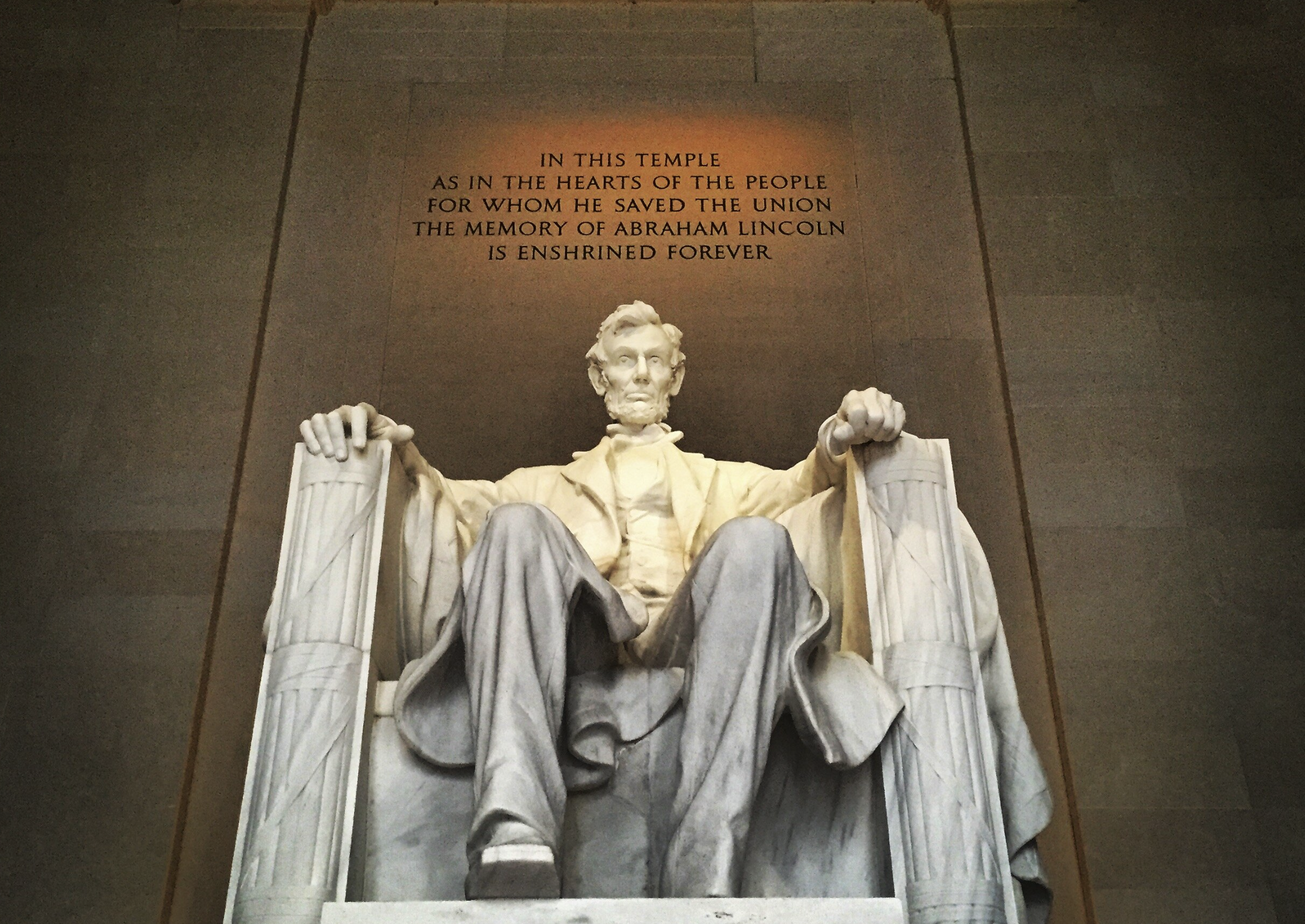
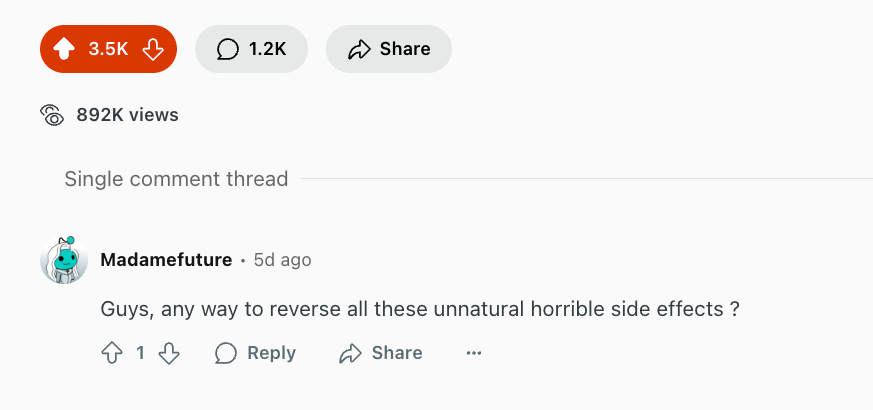


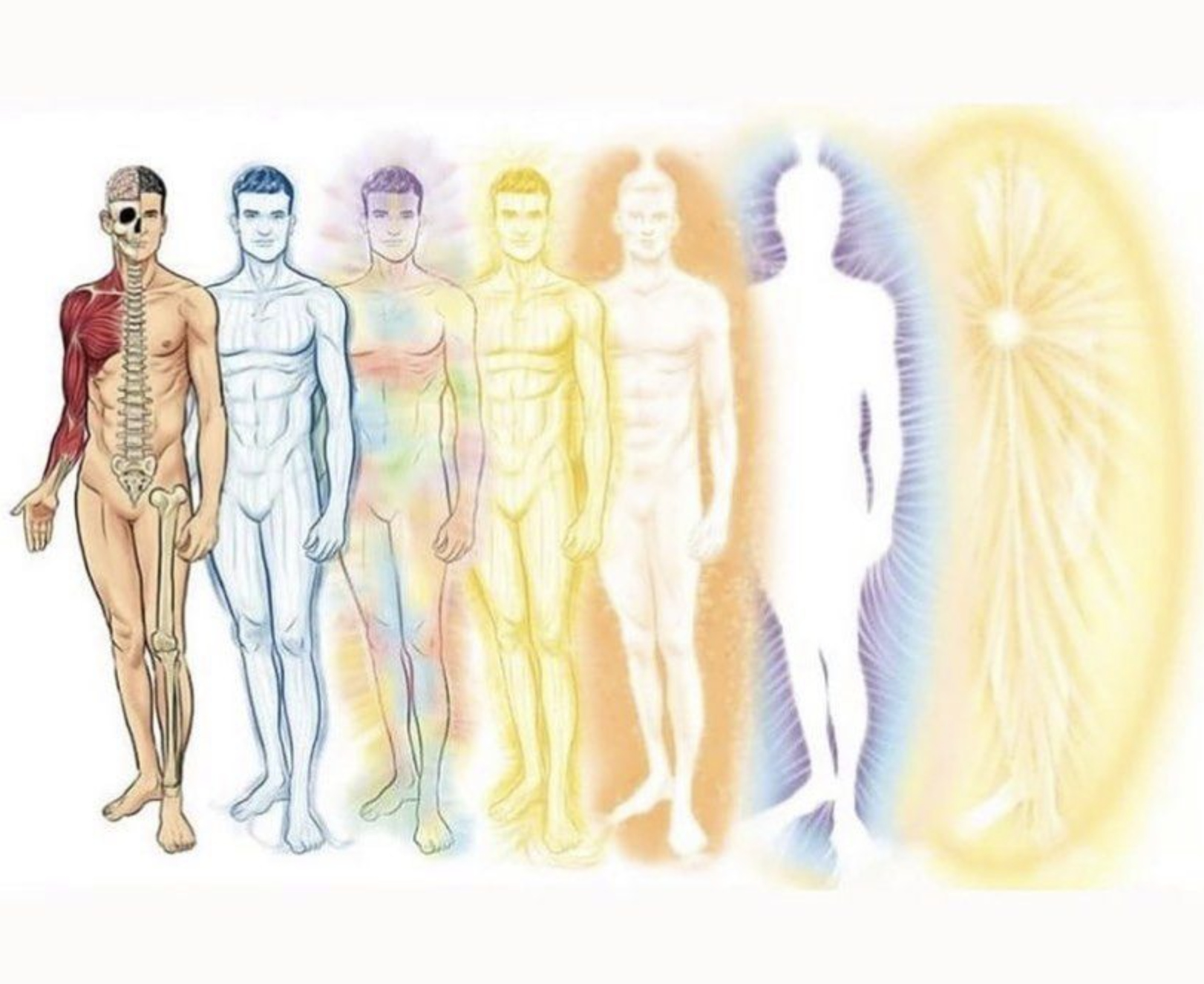
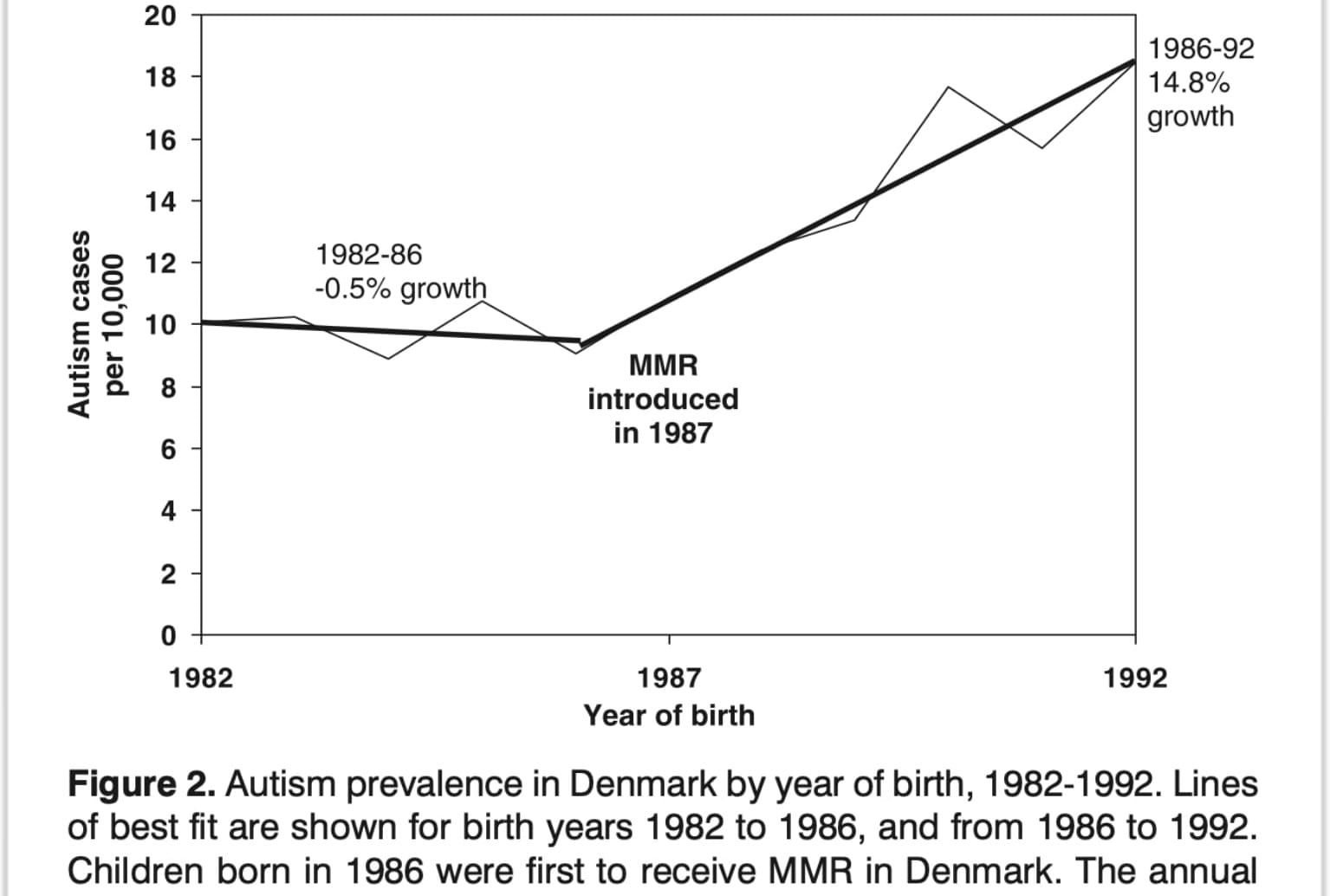

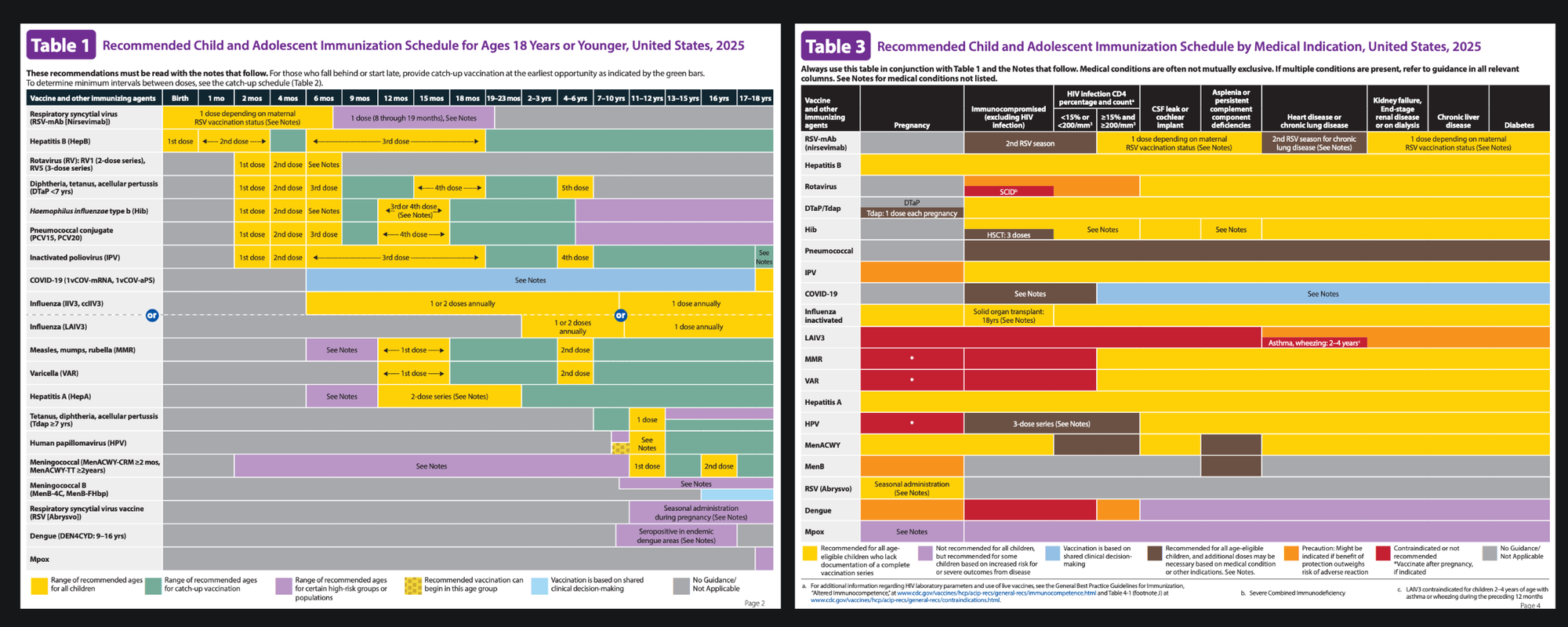
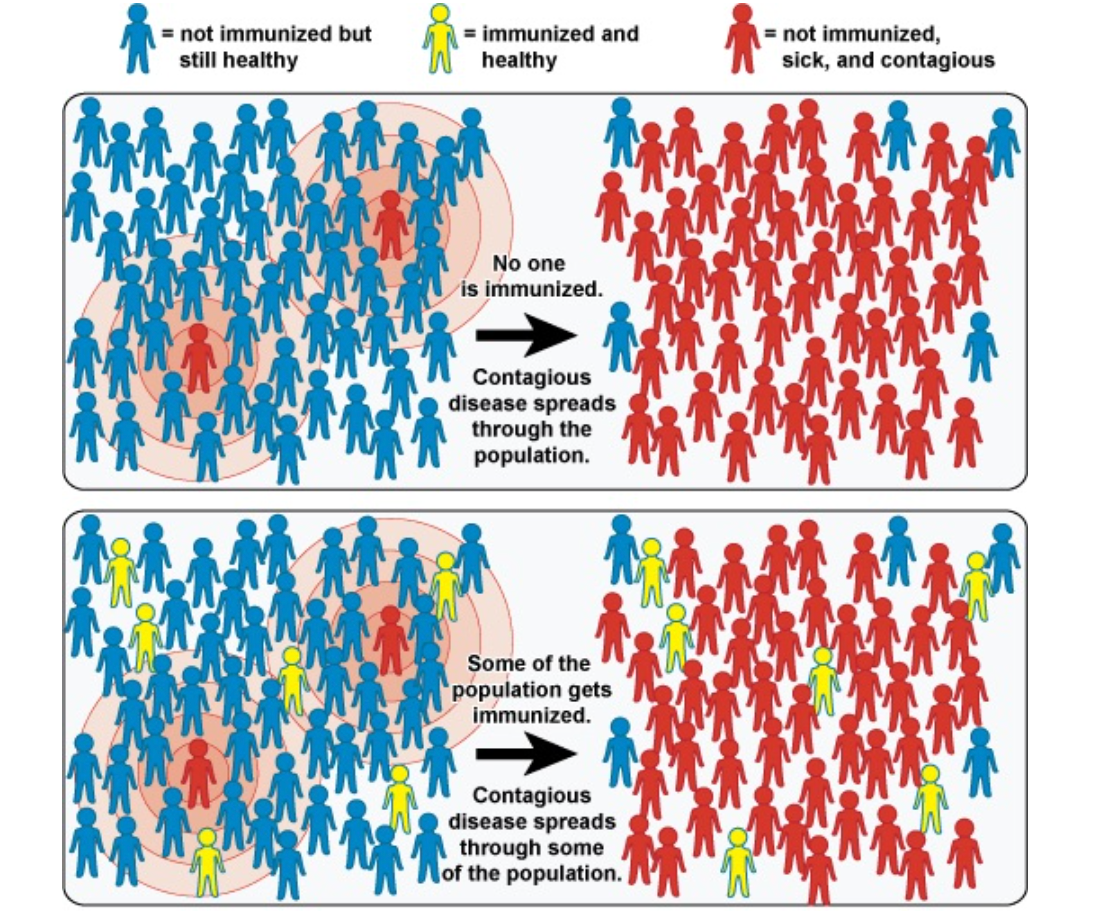
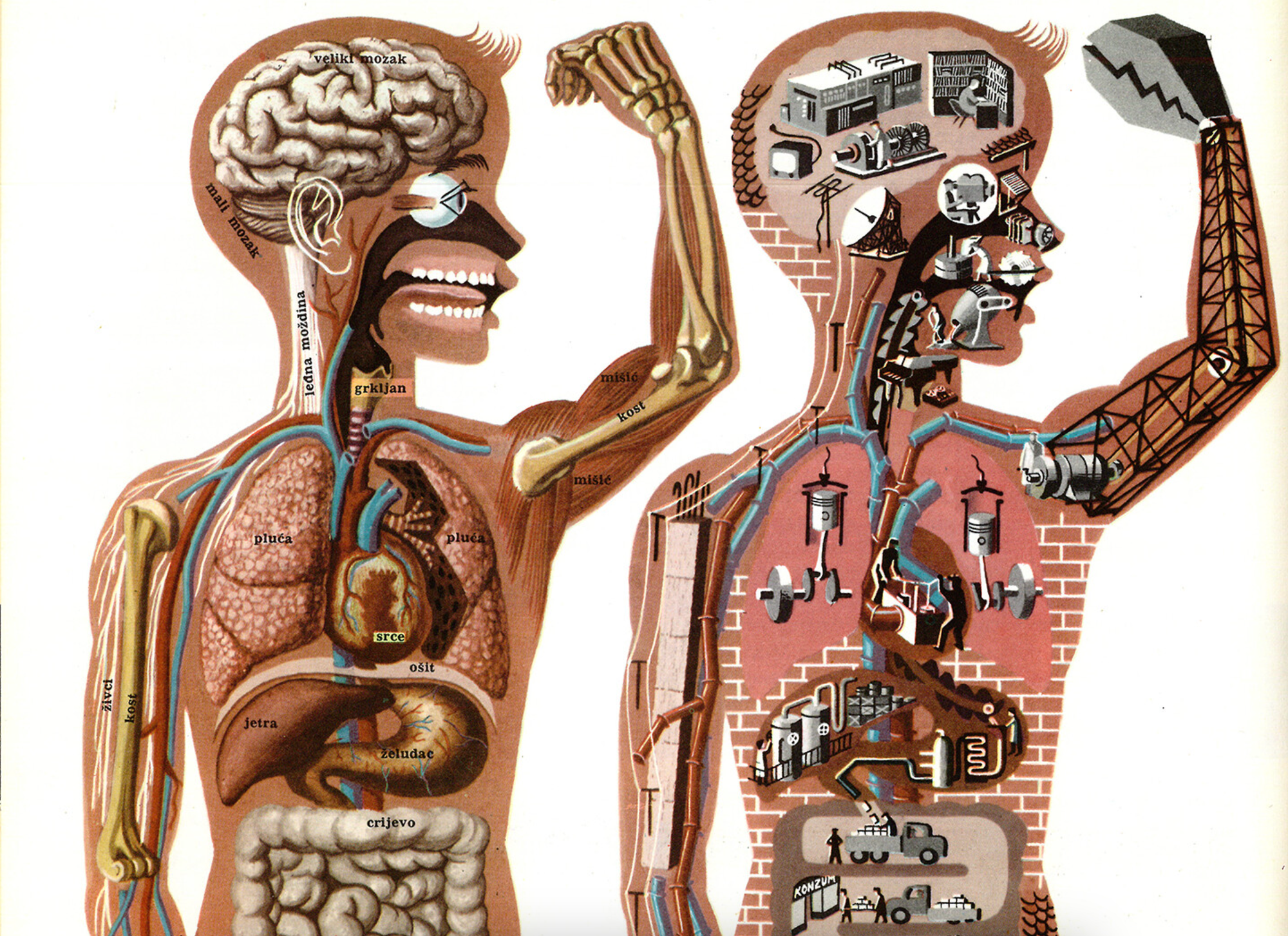

Discussion